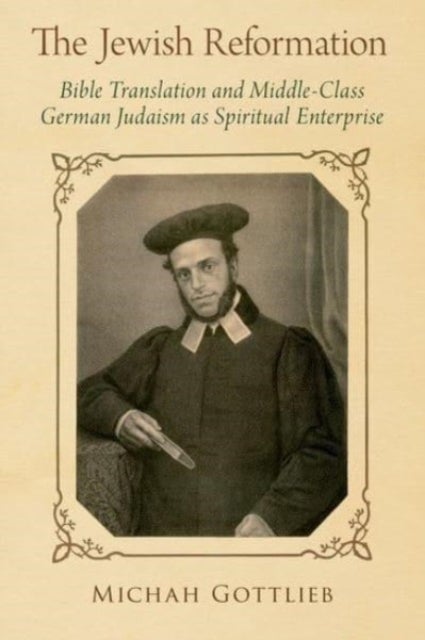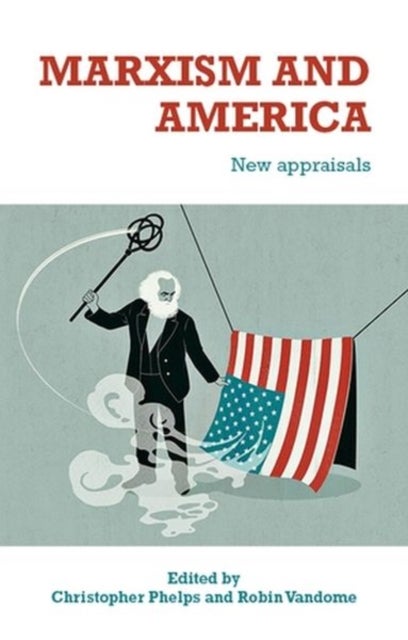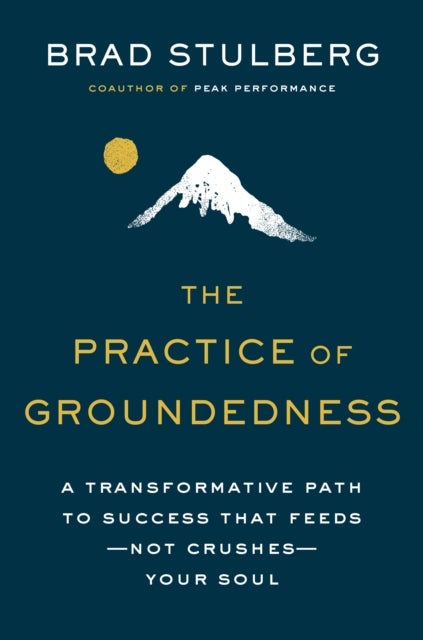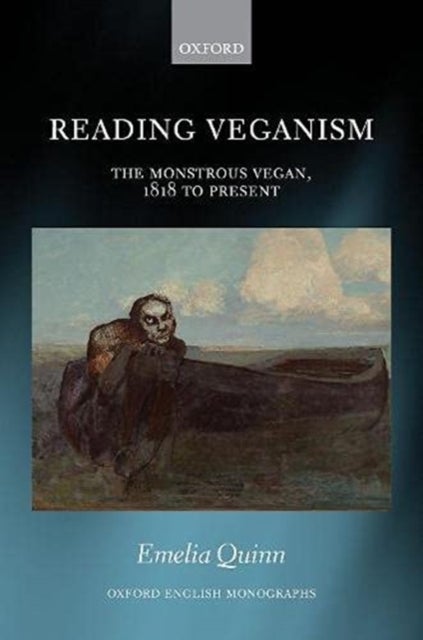
The Jewish Reformation av Michah Gottlieb
369,-
In the late eighteenth century, German Jews began entering the middle class with remarkable speed. That upward mobility, it has often been said, coincided with Jews'' increasing alienation from religion and Jewish nationhood. In fact, Michah Gottlieb argues, this period was one of intense engagement with Jewish texts and traditions. One expression of this was the remarkable turn to Bible translation. In the century and a half beginning with Moses Mendelssohn''spioneering translation and the final one by Martin Buber and Franz Rosenzweig, German Jews produced sixteen different translations of at least the Pentateuch. Exploring Bible translations by Mendelssohn, Leopold Zunz, and Samson Raphael Hirsch, Michah Gottlieb argues that each translator sought a "reformation" of Judaism along bourgeois lines, which involved aligning Judaism with a Protestant concept of religion. Buber and Rosenzweig famously critiqued bourgeois German Judaism as a craven attempt to establish social respectabilit








